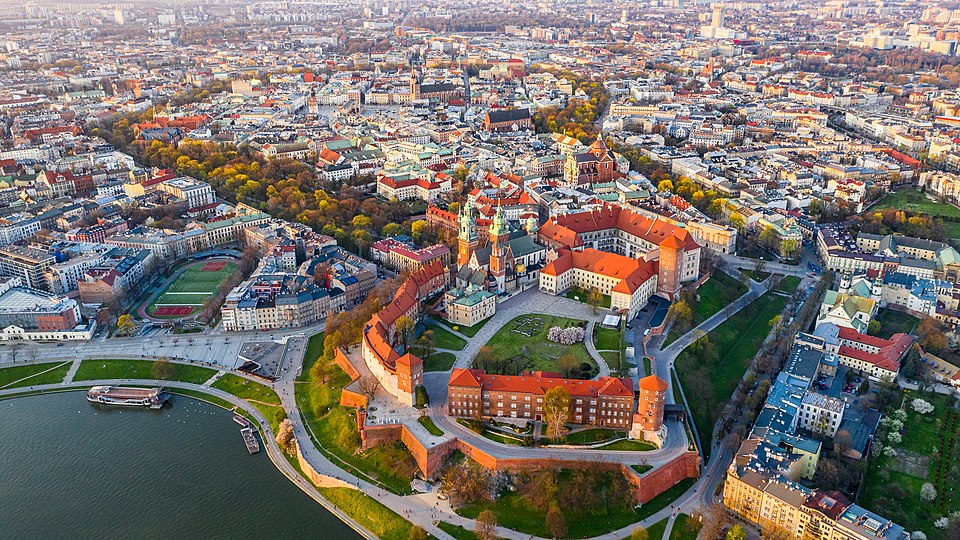

Curated experiences in Kraków
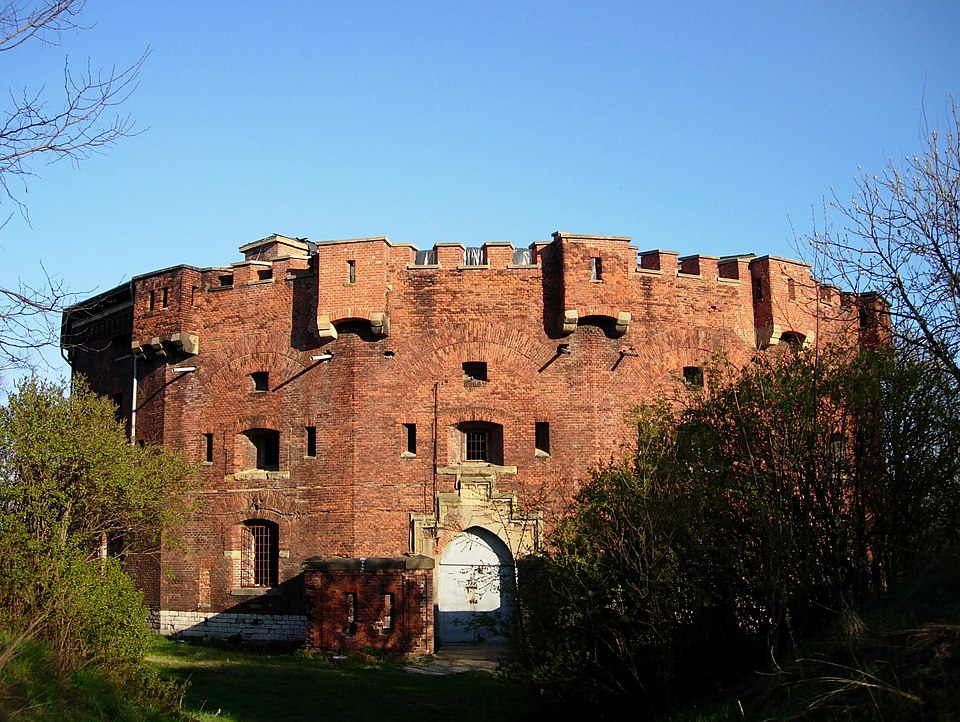
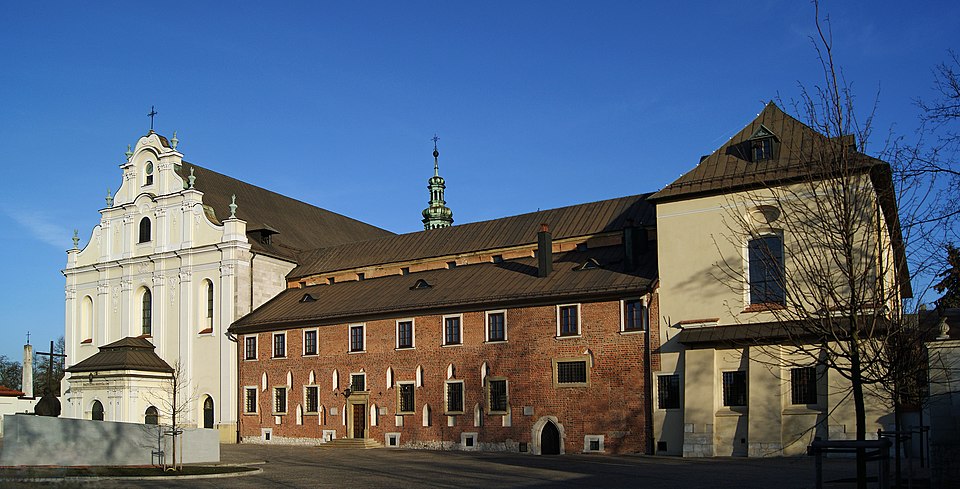
Mogiła Abbey (Polish: Opactwo Cystersów w Mogile; Latin: Abbatia B.M.V. de Clara Tumba) is a Cistercian monastery in the Nowa …
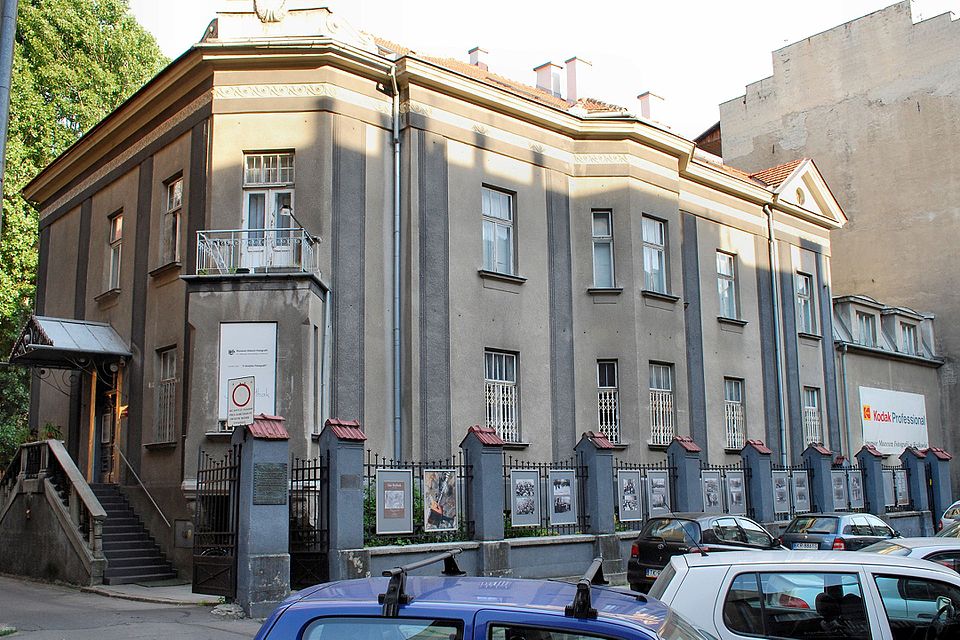
The Walery Rzewuski Museum of Photography in Kraków (Polish: Muzeum Fotografii w Krakowie) is a state-run photography museum in Kraków, …
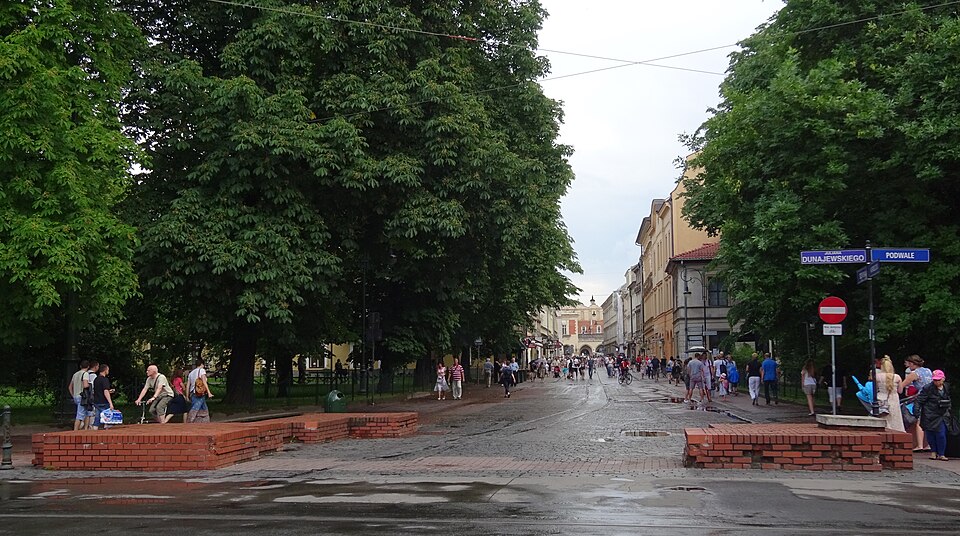
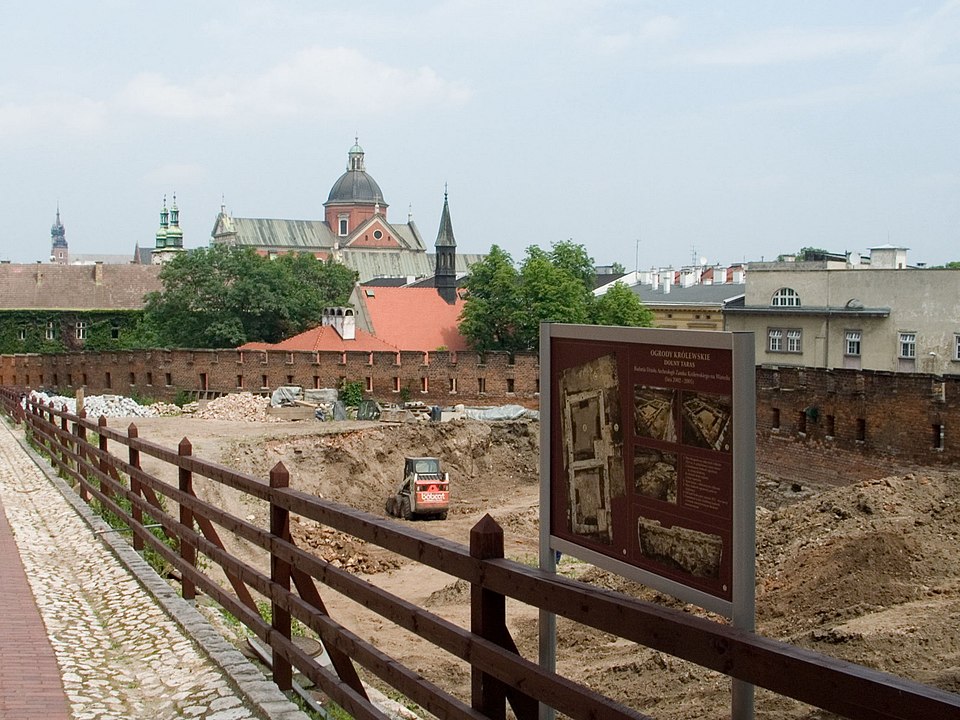
Ogrody Królewskie na Wawelu is a botanical garden and museum in Kraków, Poland.
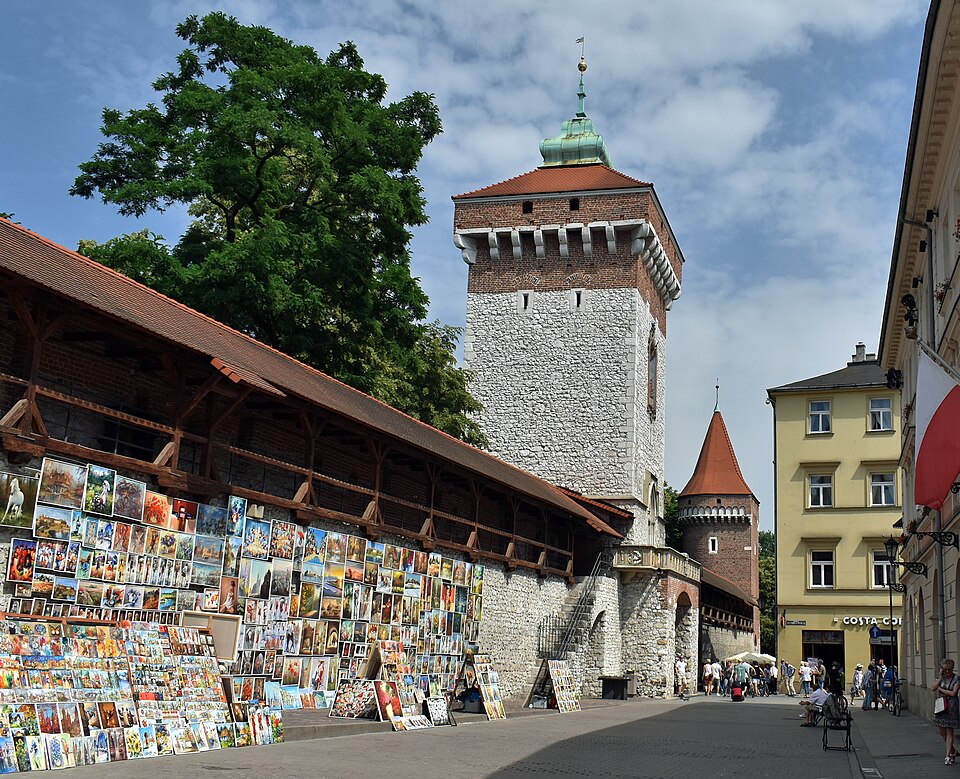
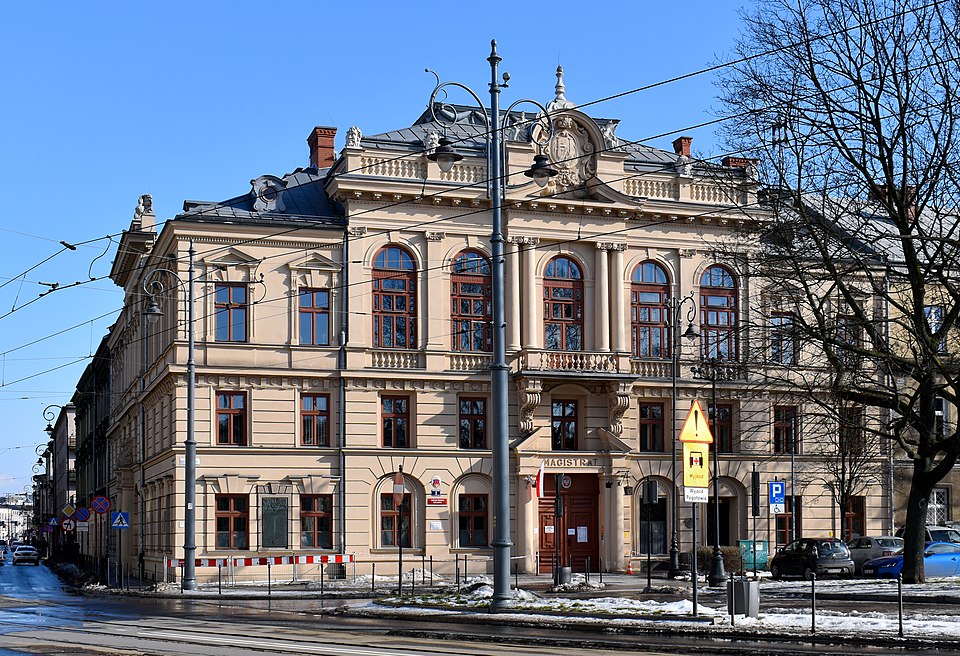
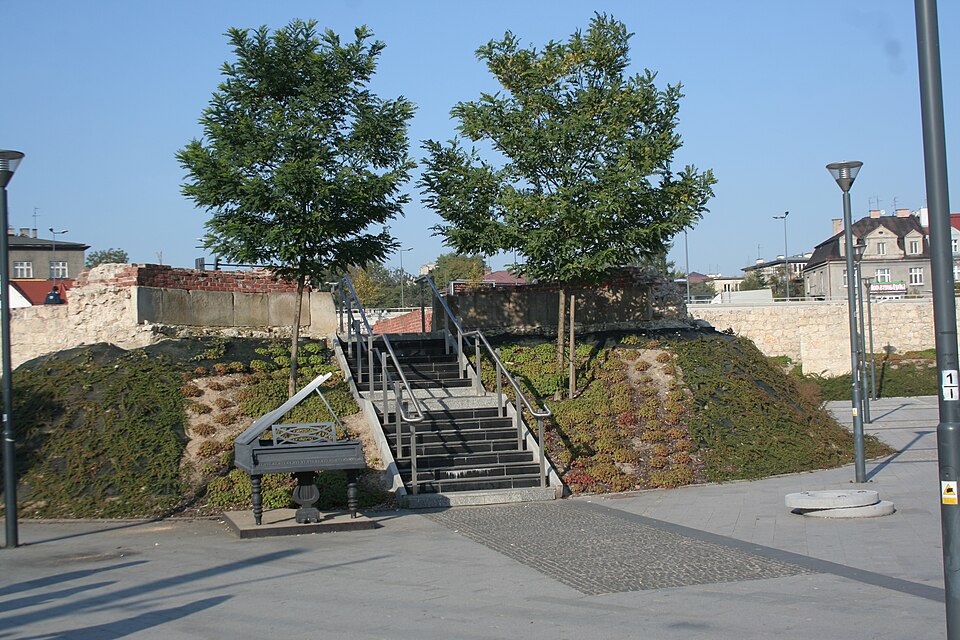
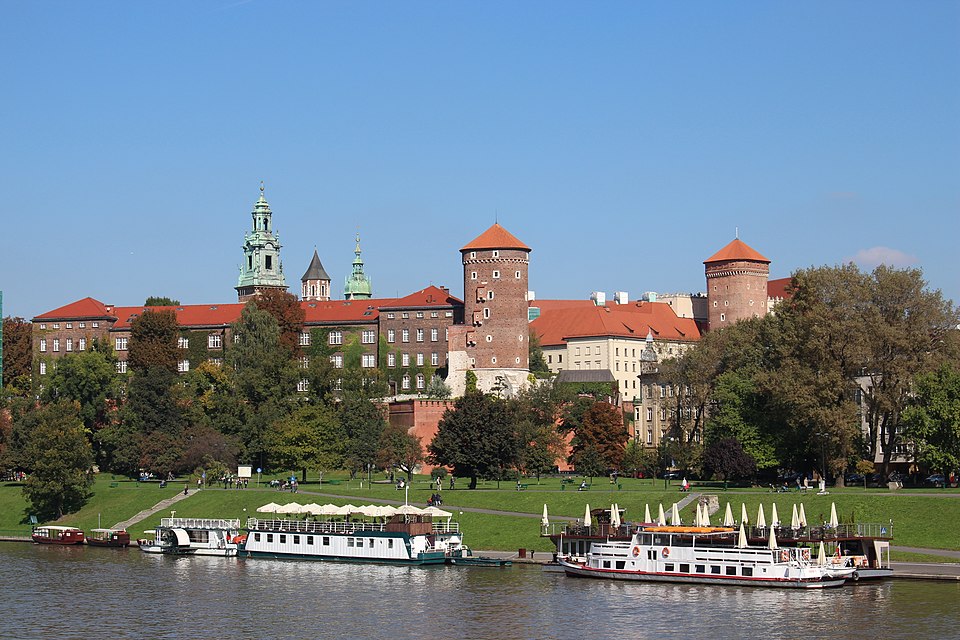
The Wawel Royal Castle (Polish pronunciation: [ˈvavɛl] ; Zamek Królewski na Wawelu) and the Wawel Hill on which it sits …
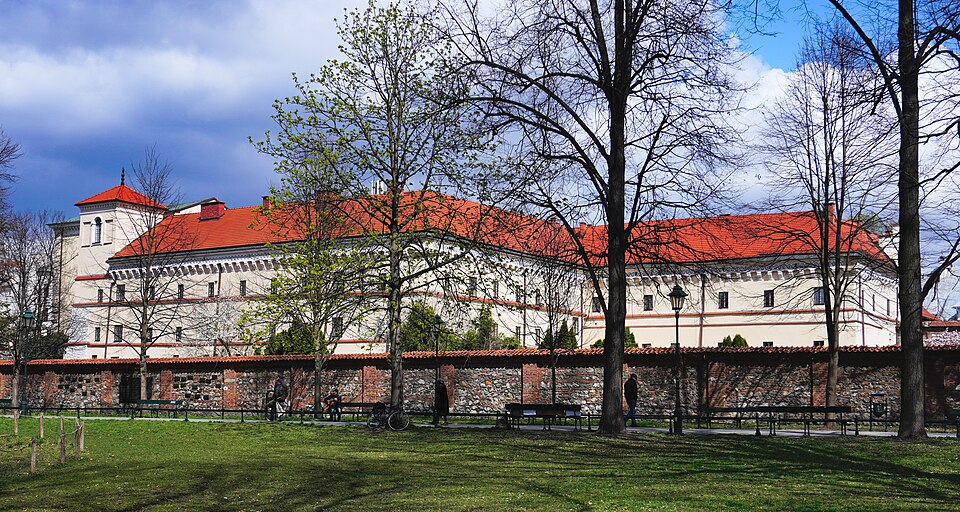
The Archaeological Museum of Kraków (Polish: Muzeum Archeologiczne w Krakowie) is a historic museum in Kraków, Lesser Poland Voivodeship, Poland. …
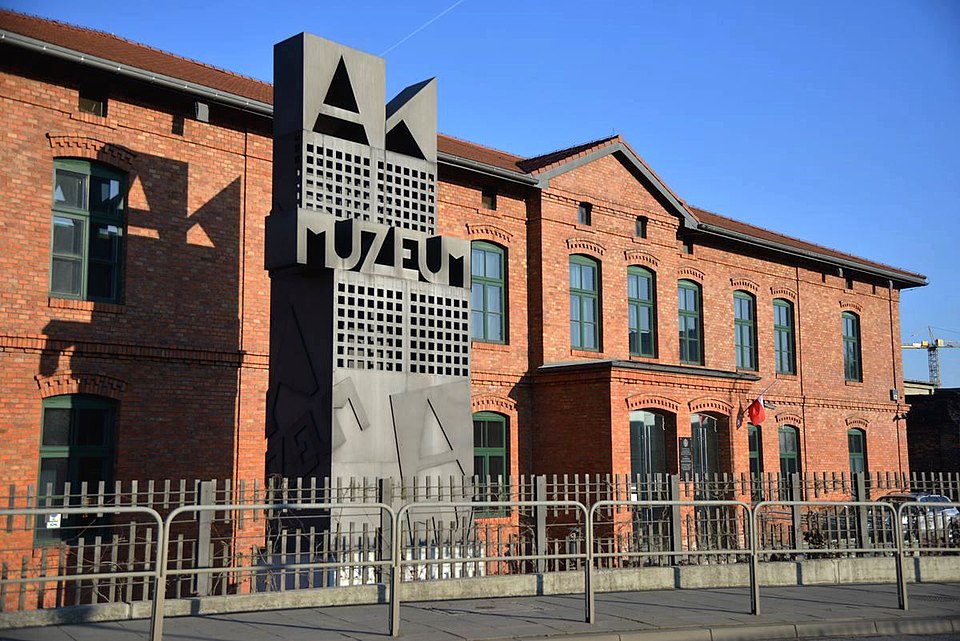
The Home Army Museum (Polish: Muzeum Armii Krajowej) was created in Kraków, Poland in 2000, to commemorate the struggle for …
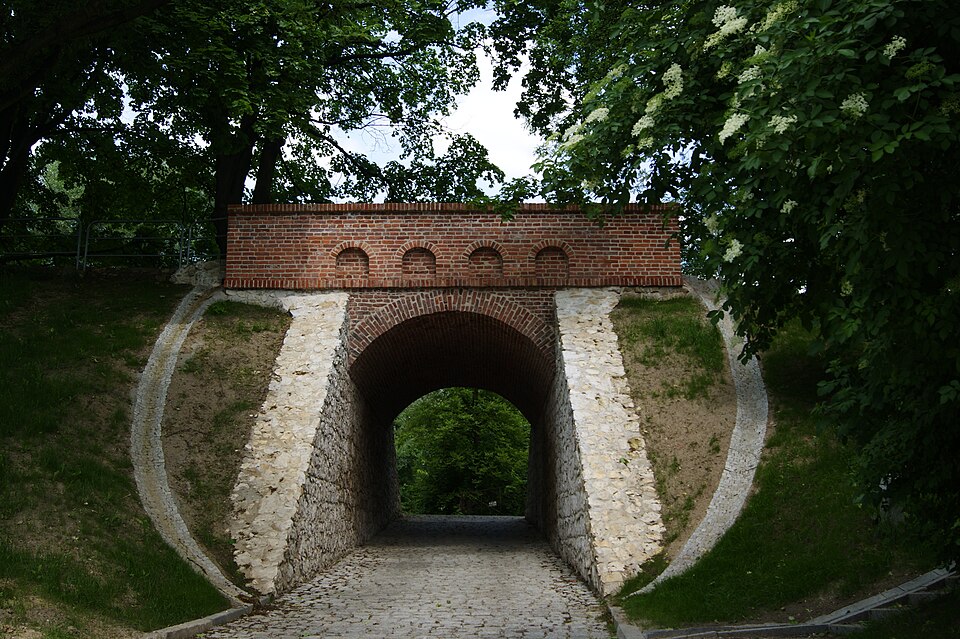
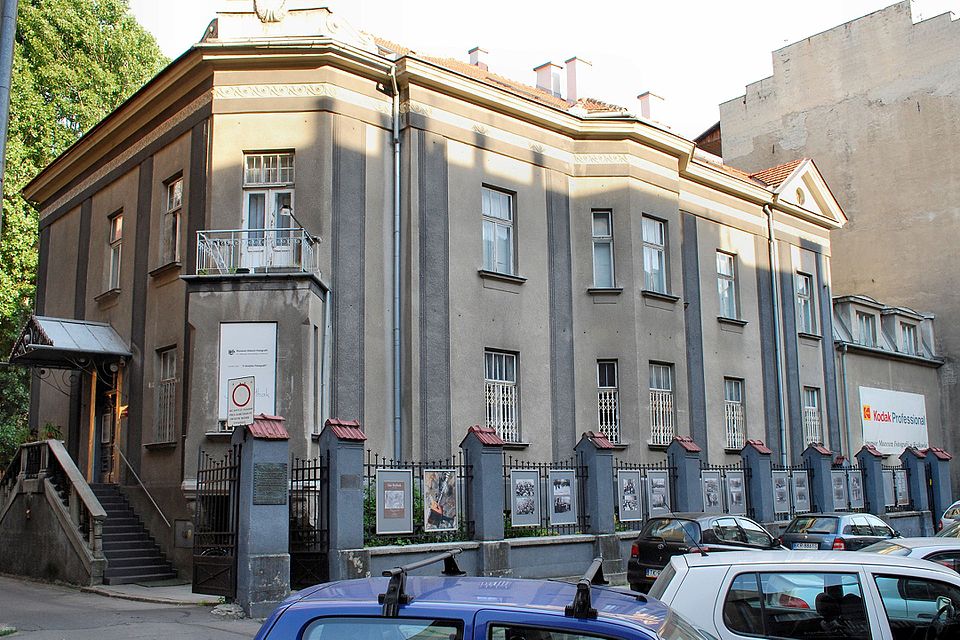
The Walery Rzewuski Museum of Photography in Kraków (Polish: Muzeum Fotografii w Krakowie) is a state-run photography museum in Kraków, …
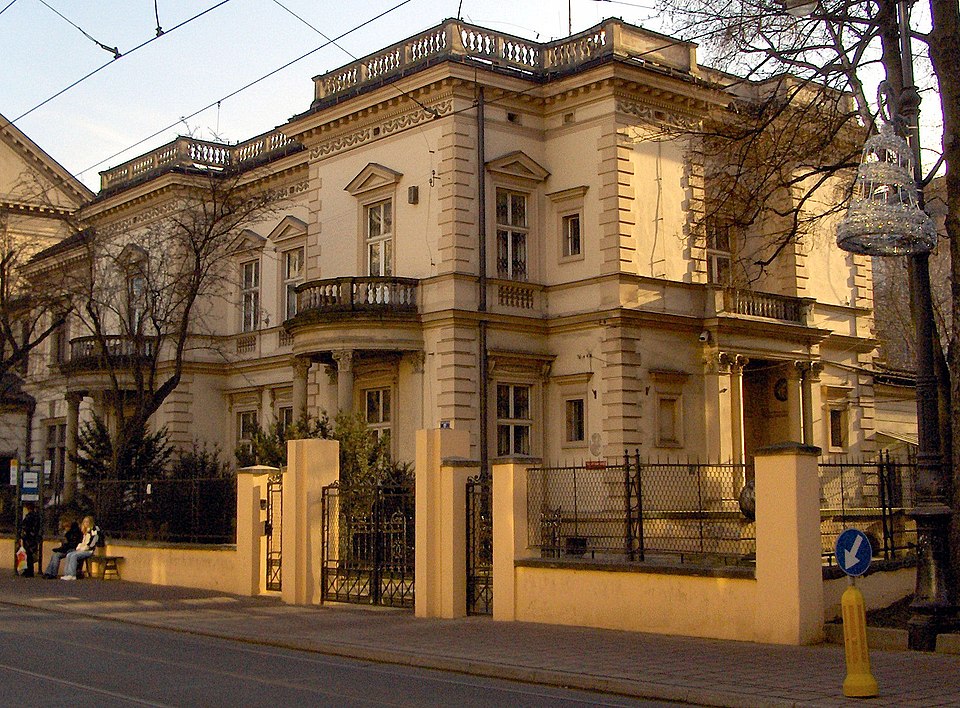
The Emeryk Hutten-Czapski Museum (Polish: Muzeum im. Emeryka Hutten-Czapskiego), also known as the Czapski Museum (Polish: Muzeum Czapskich) is a …
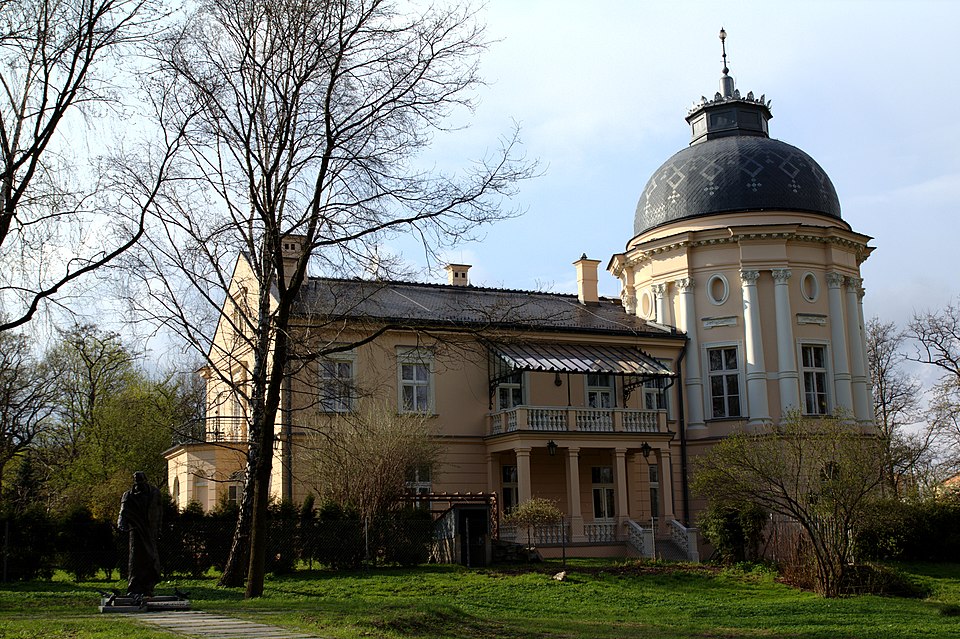
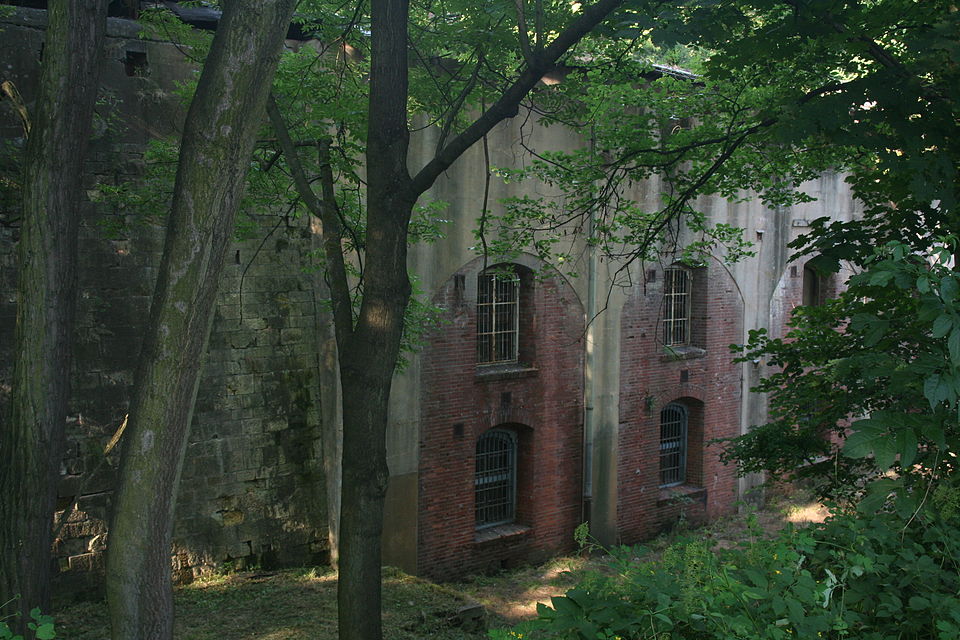
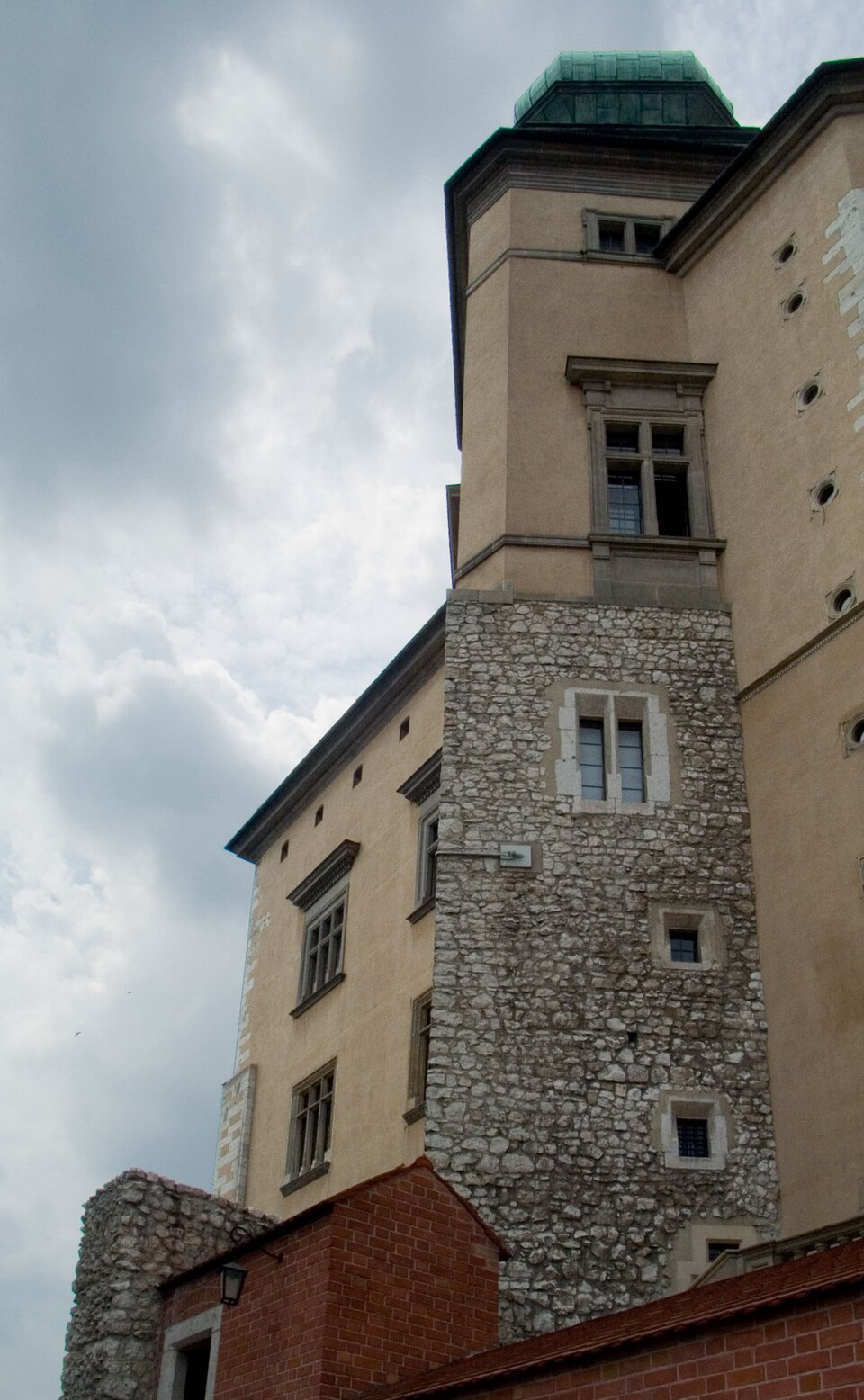
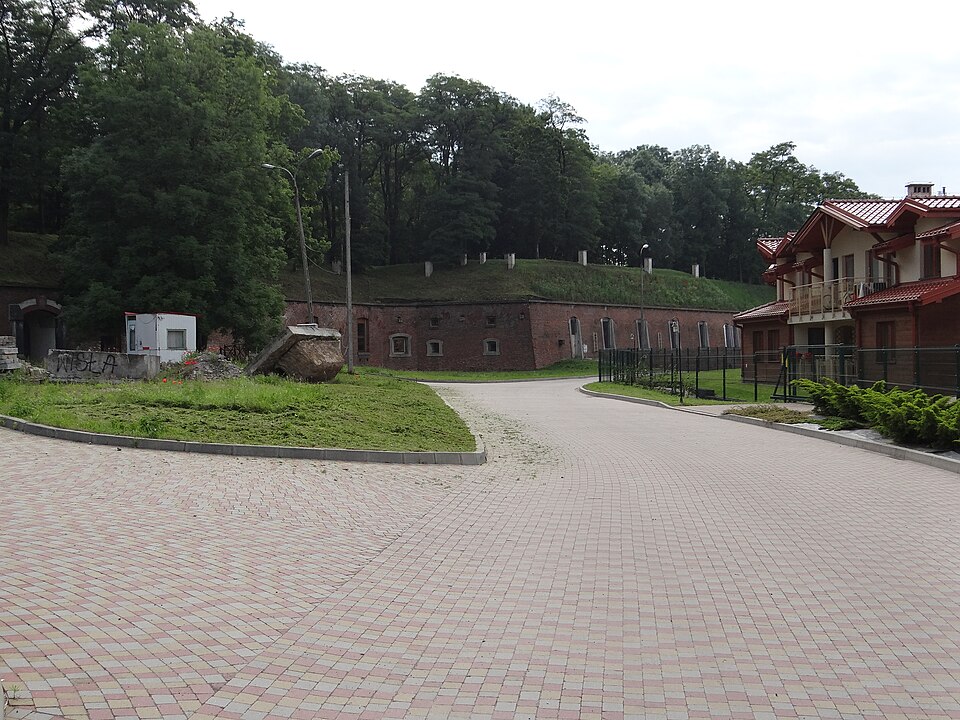
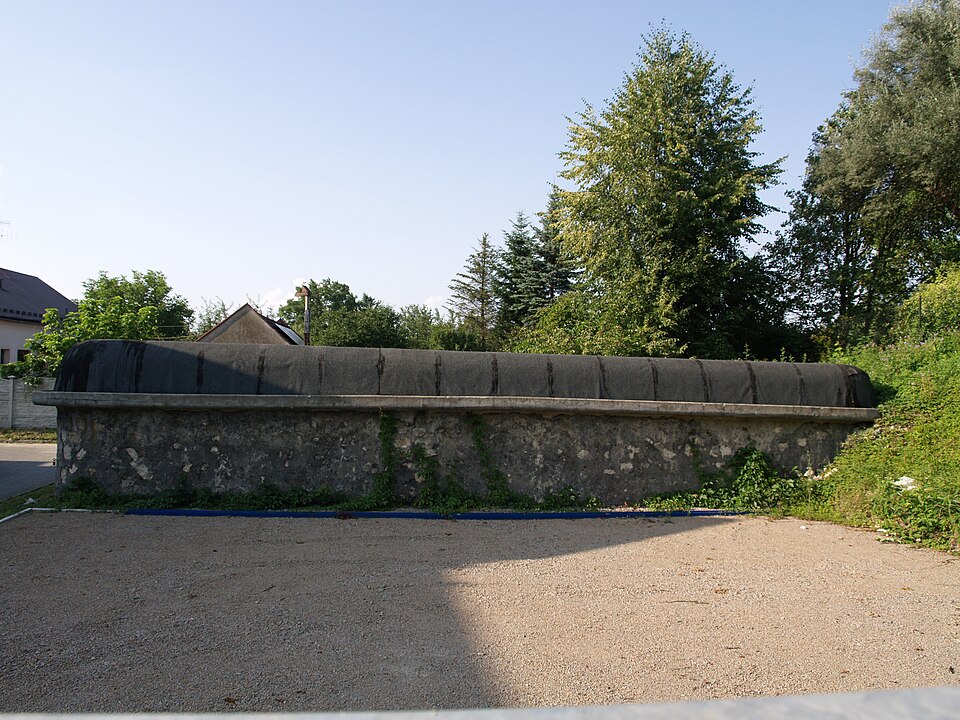
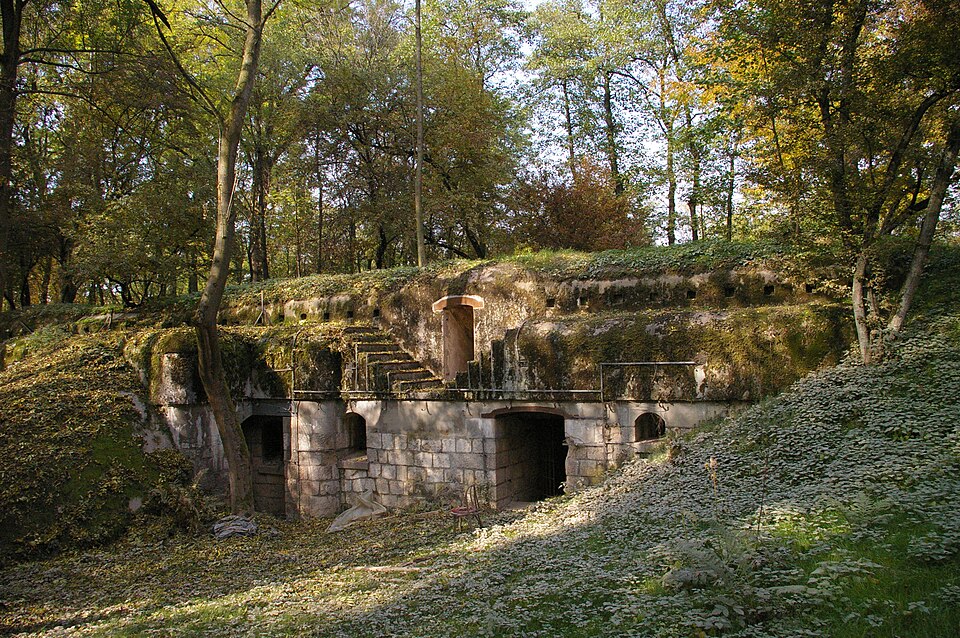
Create a personalized itinerary and unlock the finest experiences Kraków has to offer
Plan Your Trip